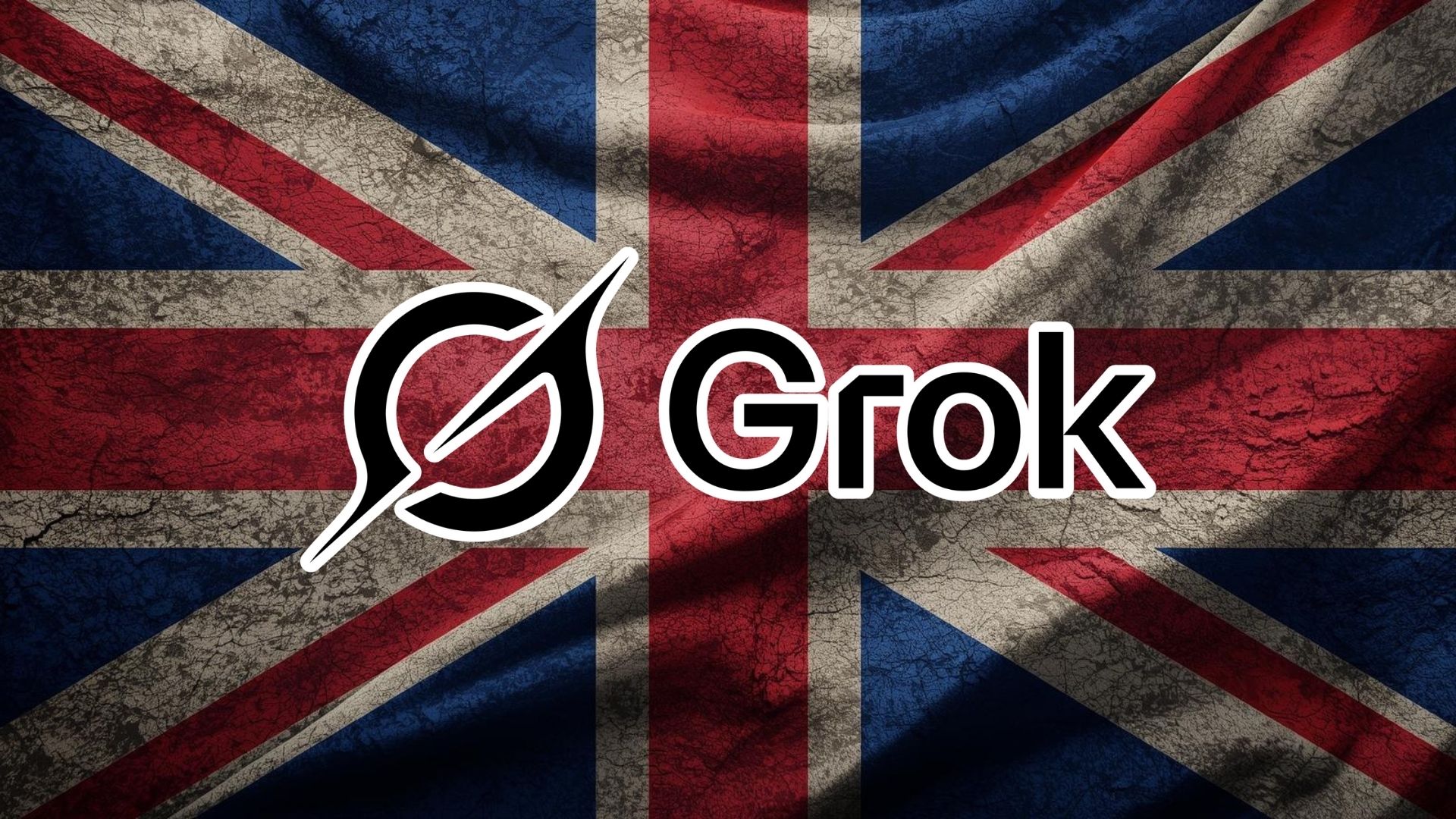UK Prime Minister Keir Starmer is consulting Canada and Australia on a coordinated response to concerns surrounding social media platform X, after its AI assistant Grok was used to generate sexualised deepfake images of women and children.
The discussions focus on shared regulatory approaches rather than immediate bans.
X acknowledged weaknesses in its AI safeguards and limited image generation to paying users. Lawmakers in several countries have stated that further regulatory scrutiny may be required, while Canada has clarified that no prohibition is currently under consideration, despite concerns over platform responsibility.
In the UK, media regulator Ofcom is examining potential breaches of online safety obligations. Technology secretary Liz Kendall confirmed that enforcement mechanisms remain available if legal requirements are not met.
Australian Prime Minister Anthony Albanese also raised broader concerns about social responsibility in the use of generative AI.
X owner Elon Musk rejected accusations of non-compliance, describing potential restrictions as censorship and suppression of free speech.
Would you like to learn more about AI, tech and digital diplomacy? If so, ask our Diplo chatbot!










